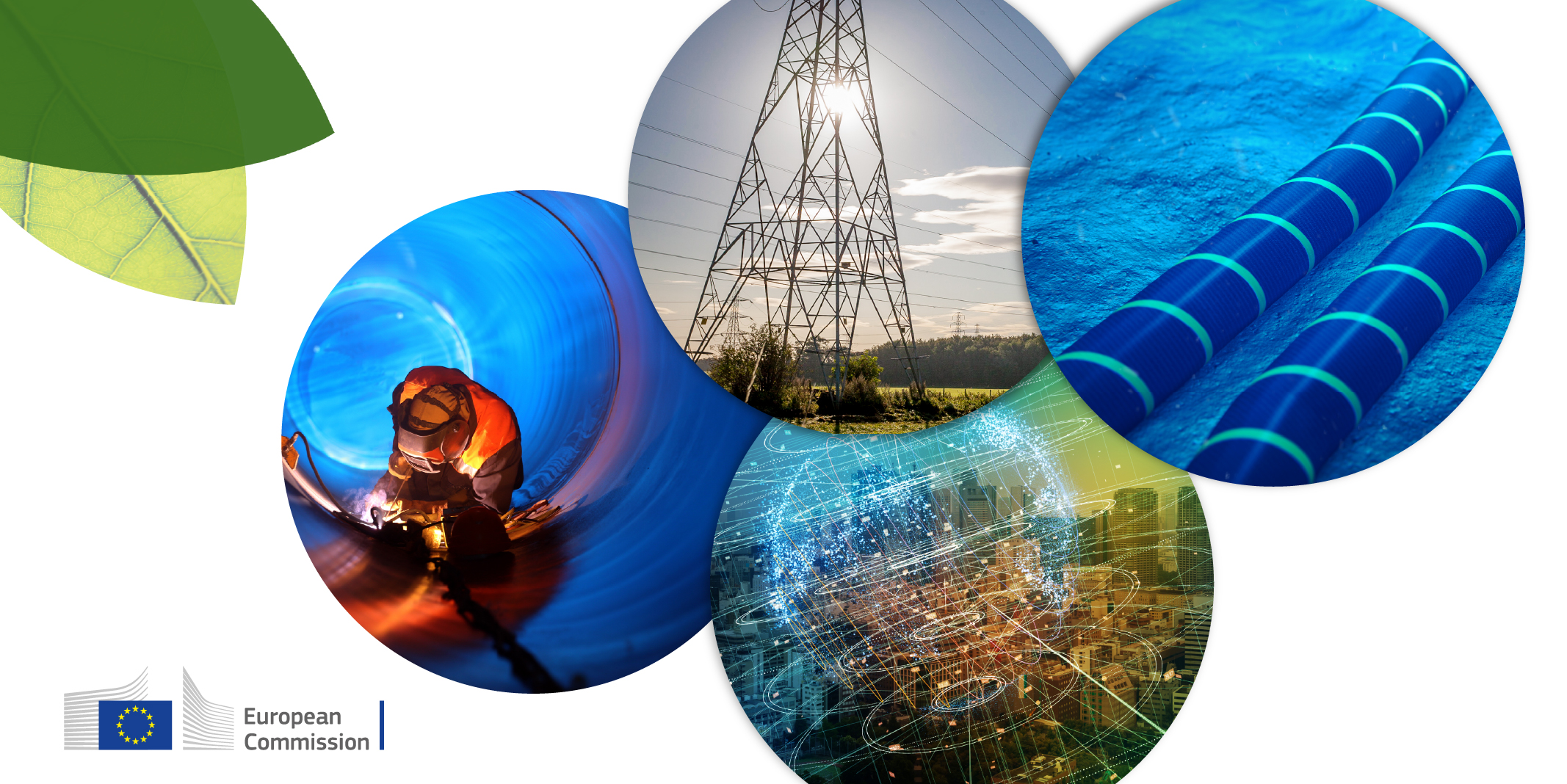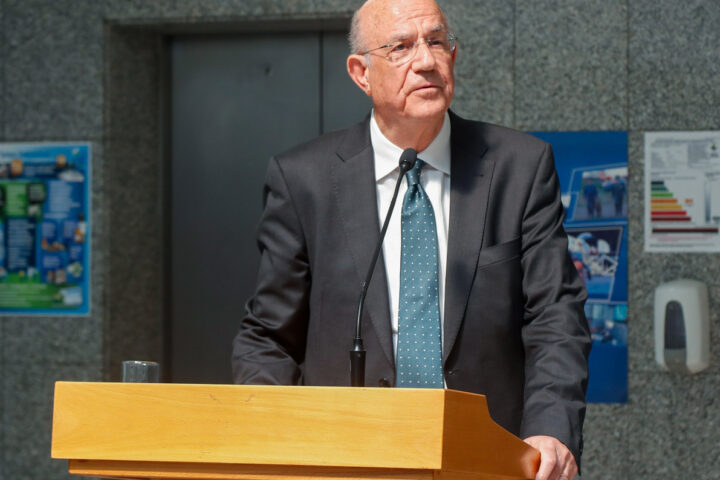EuroAsia Interconnector, the Israel-Cyprus-Greece electricity cable that gets underway this year, has secured nearly two thirds of the European Commission’s €1.037 bln funding for key energy infrastructure projects that will drive the EU’s Green Deal.
The five cross-border projects – four projects for construction and one study – are being financed by the Connecting Europe Facility (CEF) for trans-European energy networks.
The largest amount of funding of €657 mln will go to the 1,000MW EuroAsia interconnector project to support the first electricity interconnection between Cyprus and the European grid, connecting the subsea cable through HVDC converter stations in Kofinou and Crete.
Energy Minister Natasa Pilides said in a tweet on Wednesday that this “is excellent news for Cyprus”.
The EU’s Energy Commissioner Kadri Simson said, “recent months have reminded us again how crucial a well-integrated EU energy market is for ensuring affordable energy and security of supply, as well as the clean energy transition.
“While we have made remarkable progress in the last decade with making our market better connected, more can and should be done. I want to particularly highlight the EuroAsia interconnector, that will bring an end to the energy isolation of Cyprus and link it to the rest of Europe,” Simson said.
Pilides added that the EuroAsia “electricity interconnection will end energy isolation and contribute to RES integration and internal market completion.”
Cyprus remains the last EU member state without any energy interconnection, resulting in high-emission fuels to be imported for power generation, a cost that is passed on to consumers, while leaving Cyprus without any energy security.
In an announcement, the European Commission said the €2.5 bln EuroAsia interconnector “interconnects the transmission networks of Cyprus and Greece, allowing the transmission of electricity in both directions and ending the energy isolation of Cyprus.
“The 898km of undersea cables and maximum sea depth of 3,000 meters will set new world records for a project of this kind. This investment is a continuation of the financial and political support of the EuroAsia project.”
In addition to €100 mln from RRF
The €657 mln CEF grant comes in addition to the €100 mln grant promised out of the Recovery and Resilience Facility instrument to help Cyprus cope with the Covid-19 crisis and improve competitiveness.
The Commission added that well-integrated energy infrastructure networks are necessary for the energy transition, as they facilitate the integration of renewable energy, enhance security of supply and help keep energy prices in check.
The allocation of CEF funds therefore supports the implementation of the European Green Deal.
Wednesday’s agreement among EU member states grants financial aid for the construction of three projects for electricity transmission and one for gas storage, as well as supporting a study on CO2 transport.
The other projects to receive CEF funding are:
Baltic Synchronisation Project Phase II (€170 mln)
The second phase of the Baltic project includes funding for grid reinforcement in Poland and upgrading the transmission infrastructure in Lithuania, Latvia and Estonia – thus supporting the integration of the Baltic states’ electricity system with other European networks. The Baltic Synchronisation project also received funding under previous CEF calls leading to total CEF support of more than €1.2 bln, underlining the political importance of this project.
Aurora line (€127 mln)
CEF funding will support the development of a third transmission line between Sweden and Finland in order to increase electricity transmission capacity between the two countries and support the integration of onshore and offshore renewable electricity.
Chiren expansion (€78 mln)
This project covers the capacity increase of a gas storage facility in Bulgaria, which is necessary for regional security of supply in South-East Europe, as well as reducing gas supply costs. It also supports the phase-out of coal in the region, facilitating the clean energy transition.
Northern Lights Phase II (€4 mln)
This study looks into the expansion of the CO2 transport and temporary storage capacity in Norway, open to industrial clusters from across the EU, with the aim to accommodate additional demand.
A final, formal decision by the Commission on the CEF grants is expected in the coming weeks.
Only Projects of Common Interest (PCIs) on the EU list adopted by the Commission are eligible for a CEF Energy PCI grant for studies or works. To be defined as a PCI, a project must either contribute to the interconnection of EU countries’ energy networks, provide significant benefits in terms of integrating renewable energy sources, ensuring energy security or diversification, or provide consumers with choices and competitive prices. The September 2021 call marks the last CEF call under the 4th PCI list; the subsequent calls will fund projects on the 5th PCI list.
The EuroAsia Interconnector has been included in all past PCI lists, designated PCI3.10 as part of the Asia-to-Europe energy corridor.
In the period 2014-2020, CEF Energy allocated €4.7 bln to studies and works supporting the implementation of 107 PCIs. In the period 2021-27, a further €5.35 bln is available for CEF Energy including a new window for cross-border renewable projects in the field of renewable energy, with an allocation of up to 15% of the CEF budget subject to market uptake.
A first call for such projects (in the form of prefeasibility studies) is currently open until 1 February.










